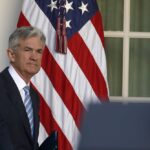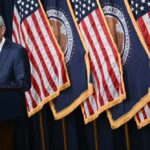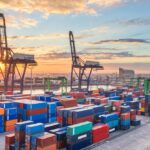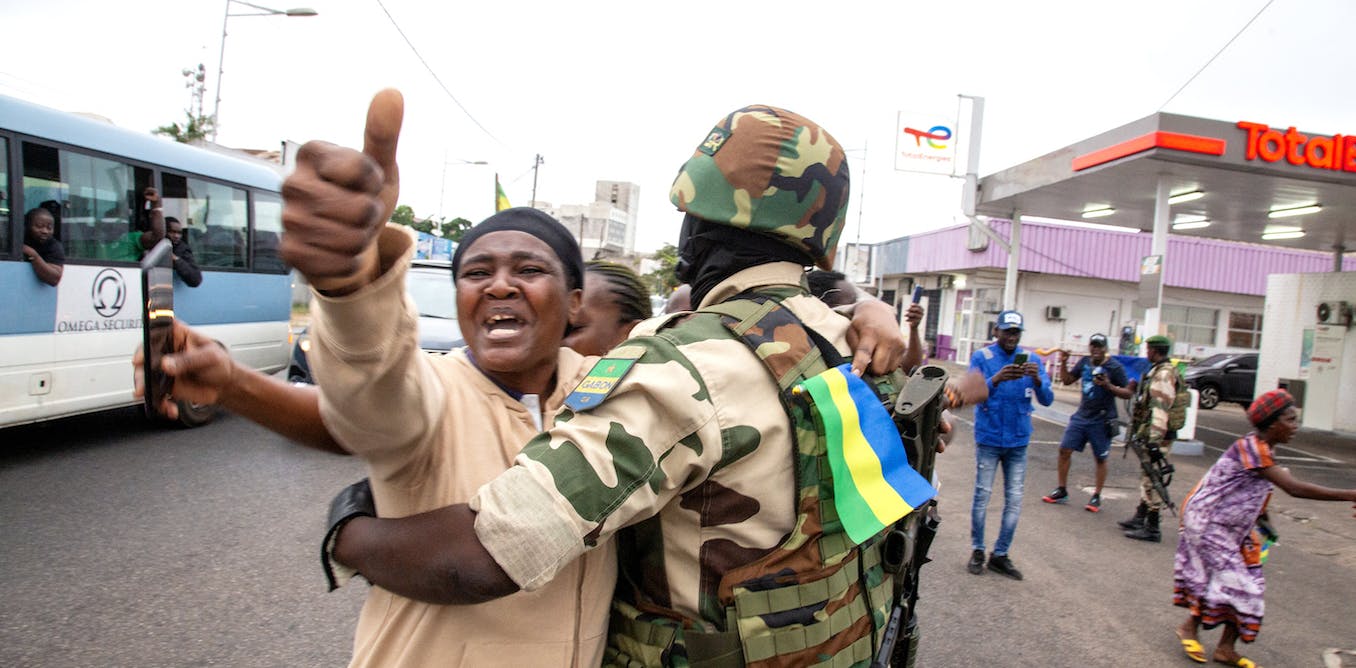The Bongo family’s 56 year hold on power in Gabon was abruptly brought to an end with a military coup on 30 August. The military takeover happened hours after election results were announced that gave Ali Bongo Ondimba a third term. Gyldas Ofoulhast-Othamot, a professor of public and international affairs with published research on Gabon, explains factors that may have contributed to the ouster.
Did Gabon’s recent election stack up as ‘free and fair’?
The presidential election on 26 August was the sixth since the formal end of the one-party state in 1990. Like the others, it was contentious from the start.
The particular issue this time was that three elections (presidential, parliamentary and local) took place at once. This had never been done before. In the context of autocratic and dynastic rule in Gabon, it was bound to be problematic.
It’s no surprise that the poll was reported to be chaotic. It appears to have been a mixture of ineptitude and wilful incompetence and chaos. Polls opened late. Some opposition ballots were said to be missing. As a result voting had to be extended in some areas.
Finally, immediately after the vote, the internet was cut and a curfew put in place, rarely a sign of a regime confident that it has won at the polls.
The many constitutional, legal and electoral changes before and after the elections severely undermined the integrity of the vote.
Perhaps the most contentious change was the last-minute addition of the single ballot. This meant that voters who selected a member of parliament automatically voted for the presidential candidate in the same party – even if it wasn’t their first choice.
Collectively, all the changes seemed designed to give the incumbent the advantage. They made for flawed elections.
Finally, the result, which gave Ali Bongo Ondimba the victory with over 64% of votes cast, was announced while people were asleep. No advance notification was given as it had been in previous contests.
All signs were that it was a rigged election.
The leaders of the junta used that as a justification for their takeover.
What are the weaknesses in Gabon’s political makeup?
Gabon became independent from France on 17 August 1960. That’s 63 years ago. Except for its first president, Leon M’ba Minko (1960-1967), the Bongo family has governed the country for 56 years – (Omar Bongo Ondimba from 1967 to 2009 and Ali Bongo Ondimba from then on until 30 August 2023).
Political domination by a single family is the country’s main weakness. The political system has been tailored to serve the interests of one family only and its domestic and foreign allies.
In this context, it becomes difficult to engineer the types of reforms necessary for a country to modernise and regenerate itself.
Bongo’s father maintained control through patronage and balancing the involvement of various societal (ethnic) groups. But in the 1990s this became more difficult because of the return of multipartyism and a decline in oil reserves which made patronage more challenging.
In some ways, Ali Bongo Ondimba’s attempt to go beyond the political equilibrium created by his father doomed him. He promised reforms and a state that would improve the lives of all the people. But he failed to deliver.
With ever shifting domestic elite alliances and popular demand for better living conditions and for the Bongo regime to end, it was only a matter of time before the military switched sides. It was that or continued repression with the potential for more blood being spilled, as happened in 2016.
What about the economy? How are ordinary people faring?
Well endowed in natural resources, Gabon is regarded by the World Bank as an upper-middle-income country with a GDP per capita of US$8,820. This is among the highest in sub-Saharan Africa. Gabon used to be called the “Kuwait of Africa” because of its oil and natural resources wealth and its small population of 2.3 million.
But its population remains poor. Only a small elite has benefited from the country’s wealth. Unemployment is said to be as high as 37%, with 35% of Gabonese living below the poverty line of US$2 a day.
When Ali Bongo Ondimba came to power in 2009, he promised economic reforms. But by 2016, economic stagnation was still the norm. Power cuts are frequent, running tap water has become a rare commodity, and inequalities have increased.
What history does the military have in the country’s affairs?
This is the third coup in Gabon’s history.
The first was in 1964 under President Leon M’ba Minko. France intervened to reinstate him.
The last two coups have been under Ali Bongo Ondimba. In 2019, it was led by junior officers and was short-lived. Nevertheless, it exposed the frailties of his regime, especially after he suffered a stroke in Saudi Arabia.
This time it appears that the military brass are all in, at least those who matter in the Republican Guard (GR in French).
In my view the military has been central to the Bongo regime maintaining its power for all those years.
For instance, in 1993 and 2016 when the Bongo regime was under duress, only military intervention and repression of opposition groups ensured its survival.
Also, the loyalty of the members of the state security and defence apparatus has always been well rewarded. The Republican Guard, the most equipped and well financed of all the armed forces, exemplifies that.
The difference now is that it has decided to be king rather than staying behind the scenes as the kingmaker.
Its aims are not clear yet – democratic and republican or authoritarian rule.
What difference is this coup likely to make?
General Brice Clotaire Oligui Nguema, the leader of the junta, does not appear to be related to the Bongo family.
He entered the Bongo circle through his relationship with the long-time former commander of the Republican Guard, André Oyini. Over time, he rose through the ranks to become Omar Bongo Ondimba’s last military aide.
Given that proximity to the Bongo family, it looks like a palace revolution rather than true political change. Ali Bongo Ondimba was the heir of a political system built by his father since the 1960s. That system has not collapsed overnight.
Yet the junta, and more generally the security and defence forces, will have to take into account political, economic and social decay and popular aspirations when deciding the path forward. If not, instability will become the norm.










